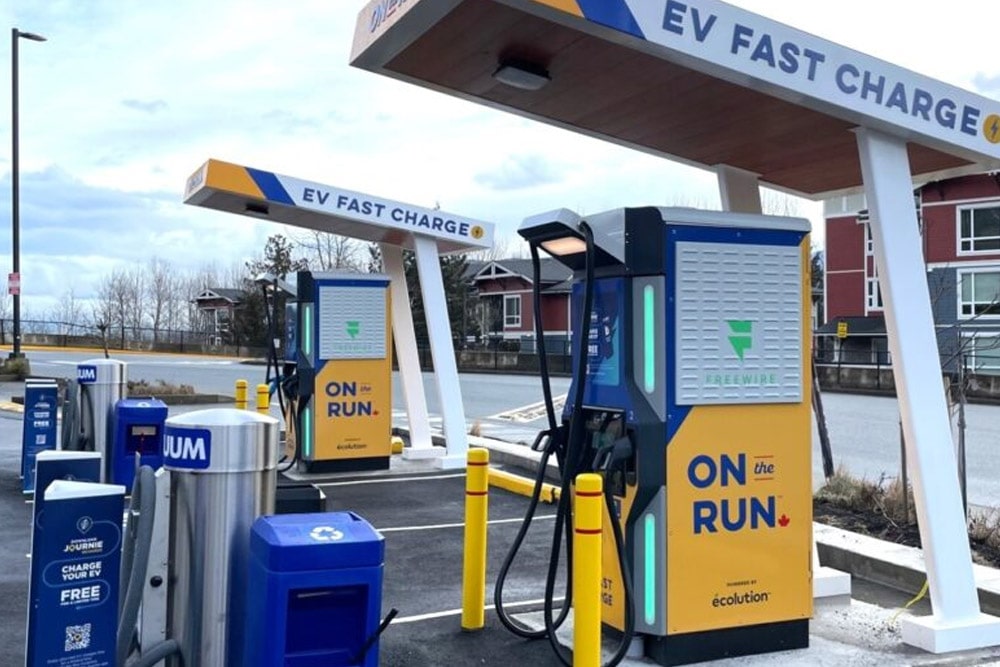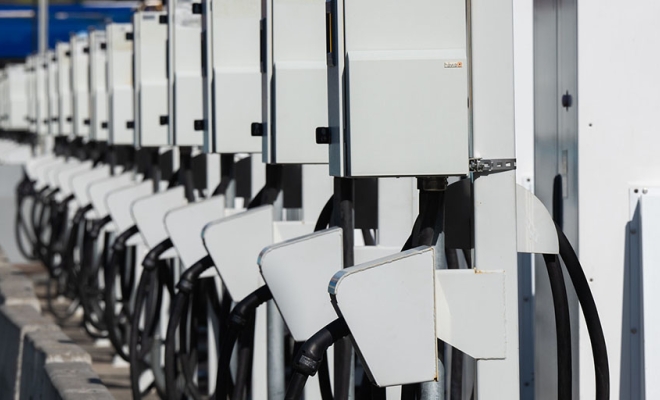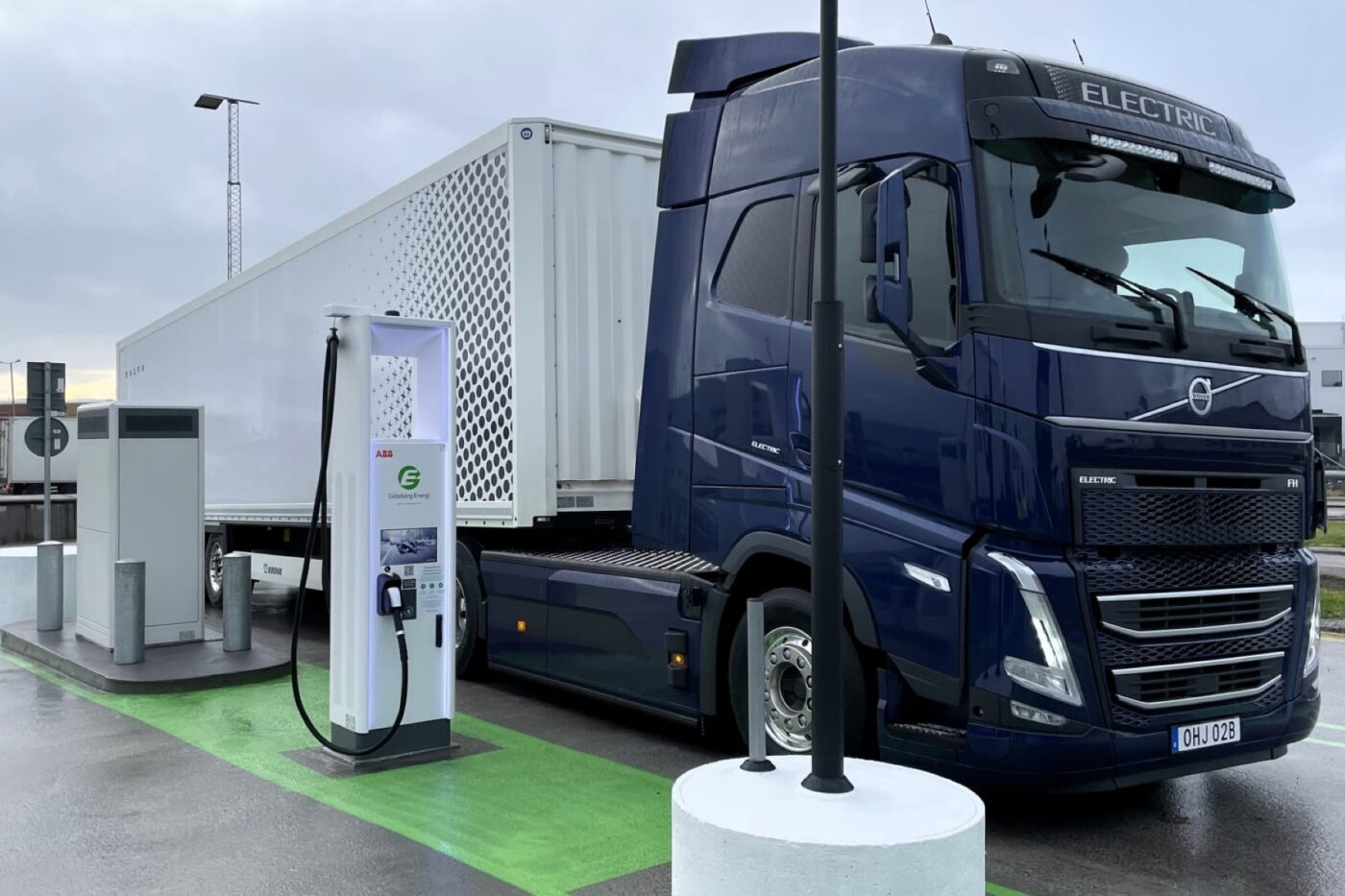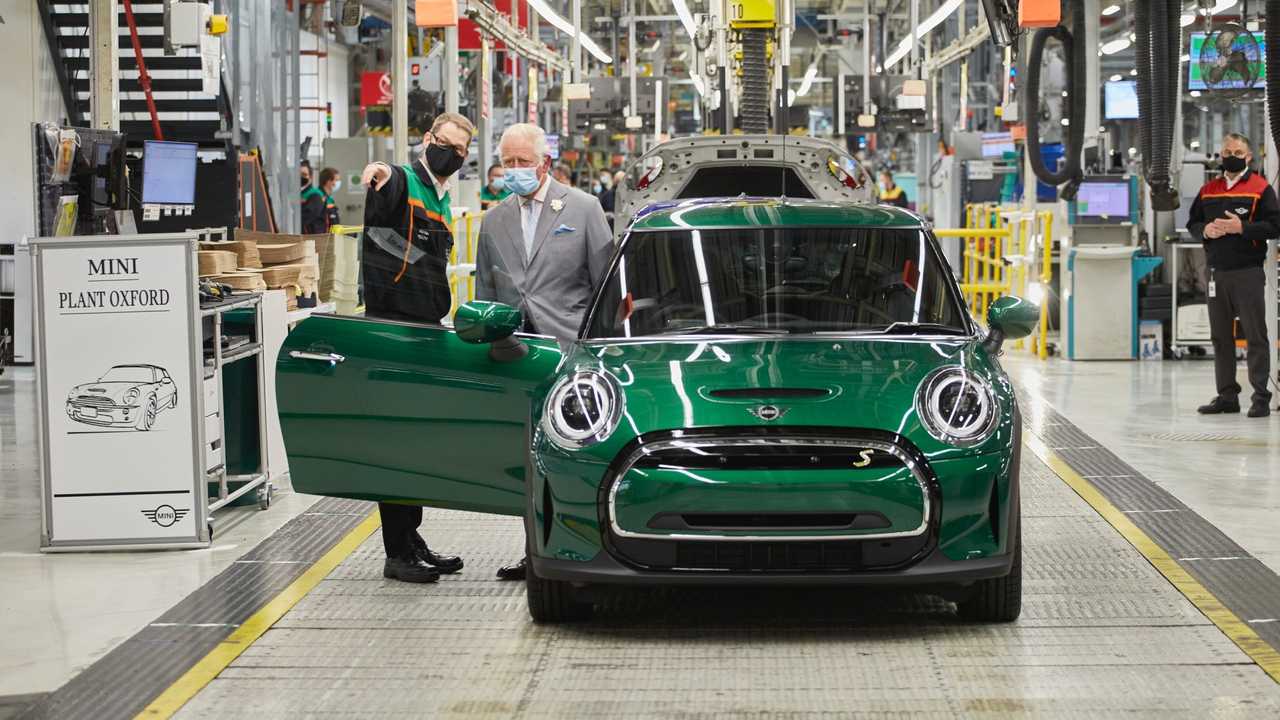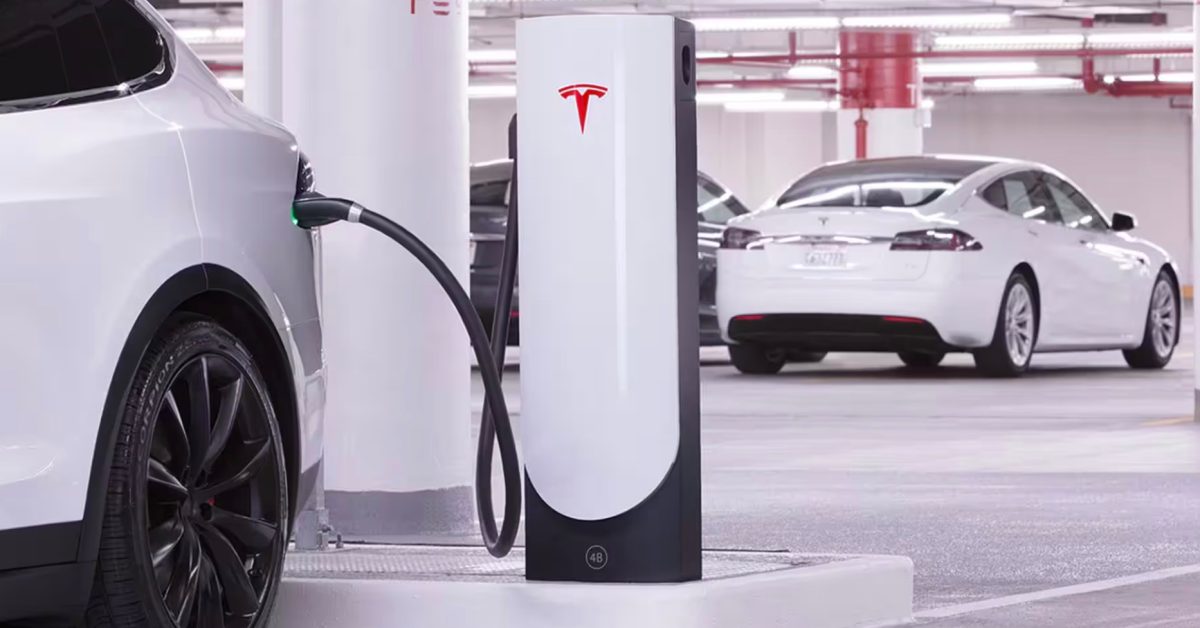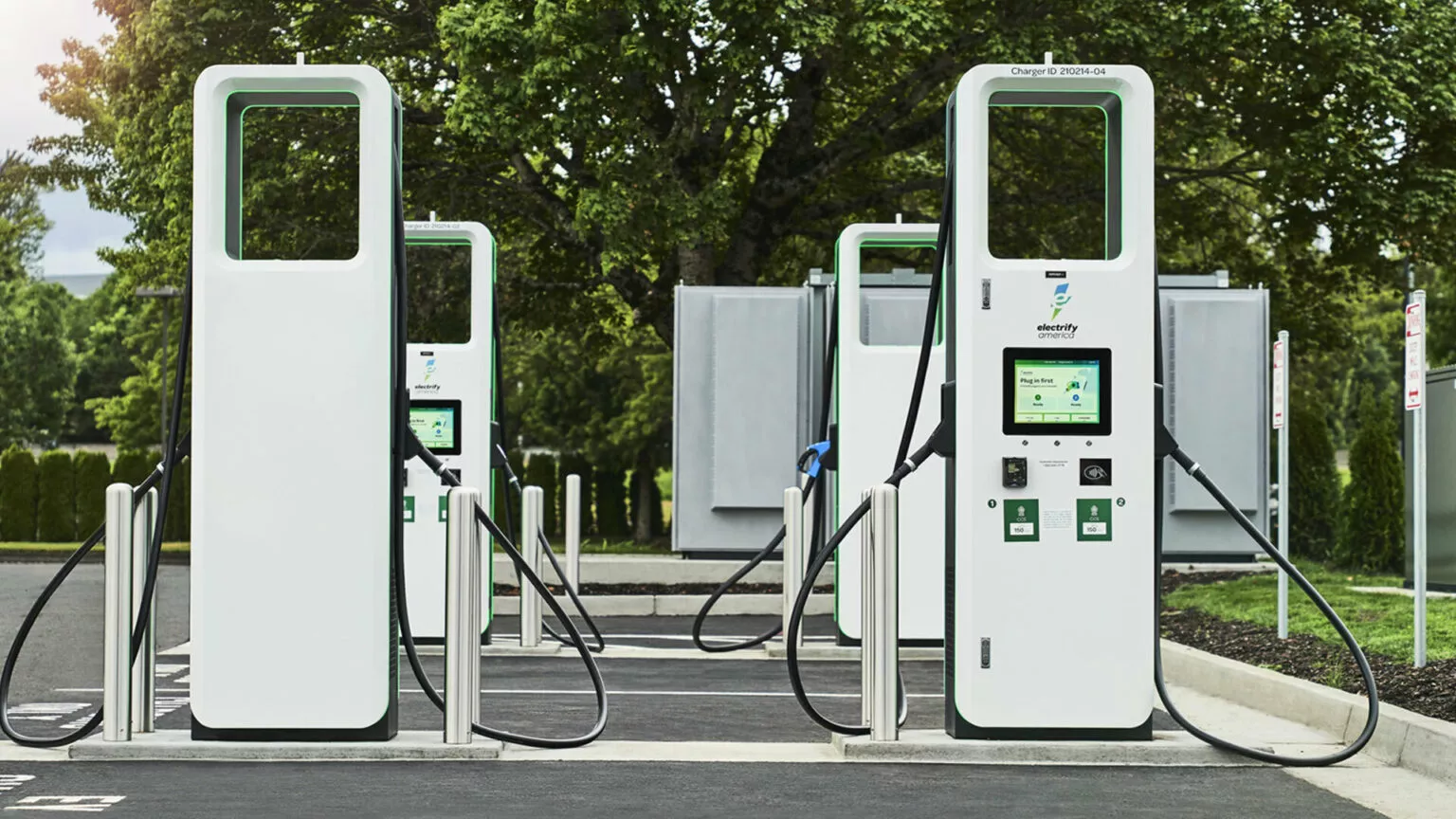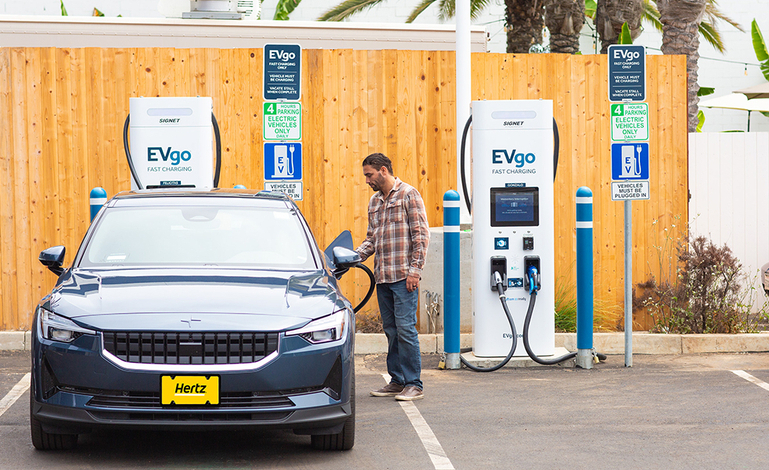Canada Infrastructure Bank (CIB) has entered a $210 million financing deal with North American fuel retailer Parkland Corporation. The agreement aims to facilitate the expansion of Parkland’s EV charging network across Canada, potentially adding up to 2,000 new charging points.
Under the Charging and Hydrogen Refuelling Infrastructure (CHRI) initiative, this marks CIB’s second investment, following a similar agreement with FLO in April 2023. The FLO deal, valued at approximately $153 million US dollars, focuses on building over 2,000 fast-charging points at around 400 locations by 2027, with a budget allocation of CAD 220 million.
The CIB emphasized that its cumulative investments in charging infrastructure, including the Parkland deal, will pave the way for around 4,000 public fast-charging ports across Canada. CEO Ehren Cory noted that these investments are a substantial step toward the CIB’s initial target of $500 million under the CHRI initiative.
Parkland’s specific project finance entity, established for the CIB financing, will receive funding for up to 80% of the capital deployed over four years, a move designed to support the installation of EV chargers nationwide. The CIB’s CEO highlighted their commitment to collaborating with the private sector to maximize the impact of public funding in infrastructure projects.
Acknowledging the current utilization and success of Parkland’s existing EV charging network in British Columbia, Darren Smart, SVP Energy Transition and Corporate Development of Parkland, commended the CIB’s financing model. Smart emphasized the strategic deployment of the financing to expand the charging network while exploring additional opportunities for third-party capital.
Parkland’s existing EV charging network, concentrated in British Columbia, is set to expand strategically, with the company aiming to have 50 charging locations in operation by early 2024. The company’s ‘ON the RUN’ branded ports, delivering up to 150 kW charging power, align with Canada’s national goal of adding 50,000 chargers to the network, supporting the objective of making all new passenger vehicles sold in Canada zero-emission by 2035.

